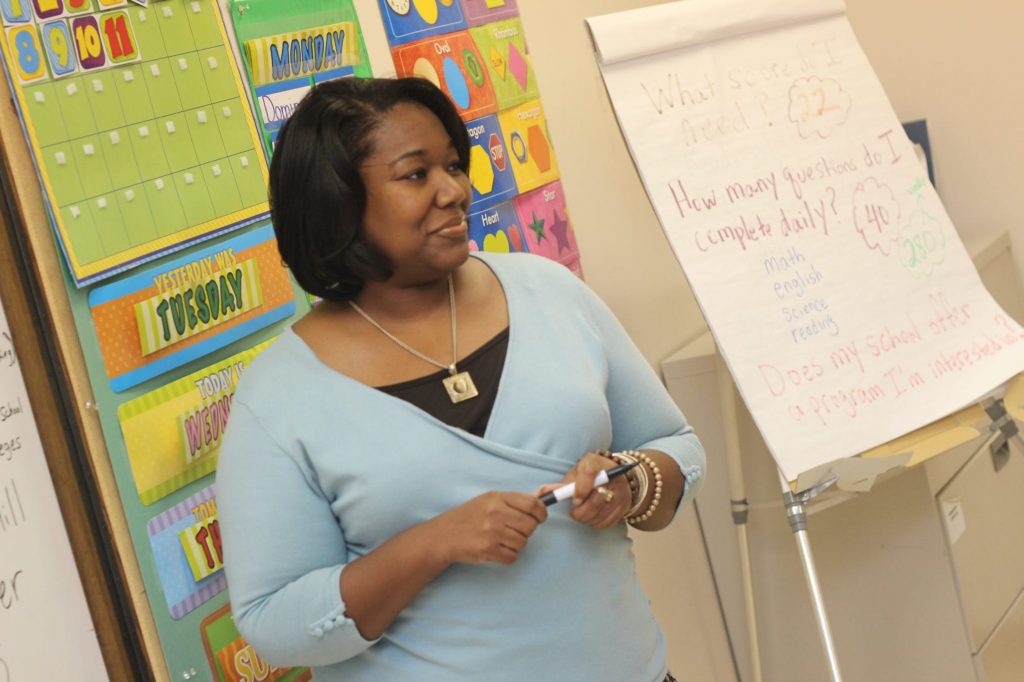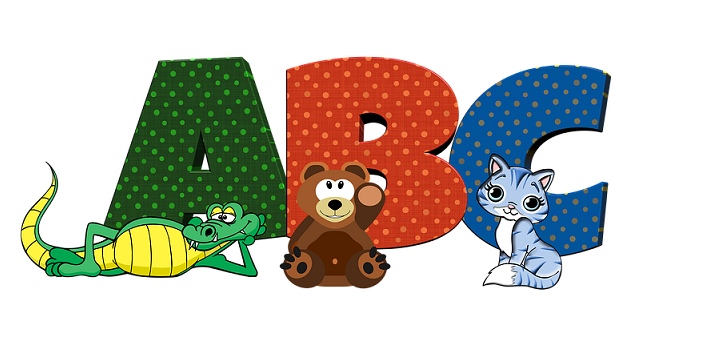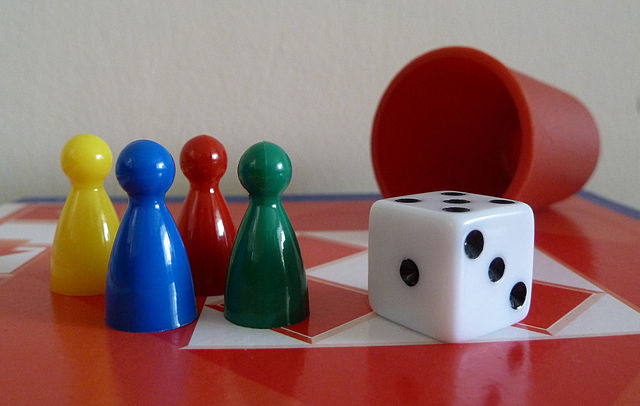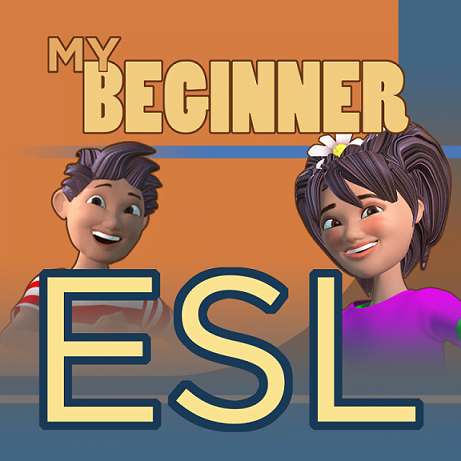The Union Jacks have been unfurled across the UK in preparation for VE Day on 8th May. This year the event marks the 80th anniversary of the end of the Second World War. London is getting ready for a spectacular
VE Day in the EFL Classroom: Activities, Language and Reflection










